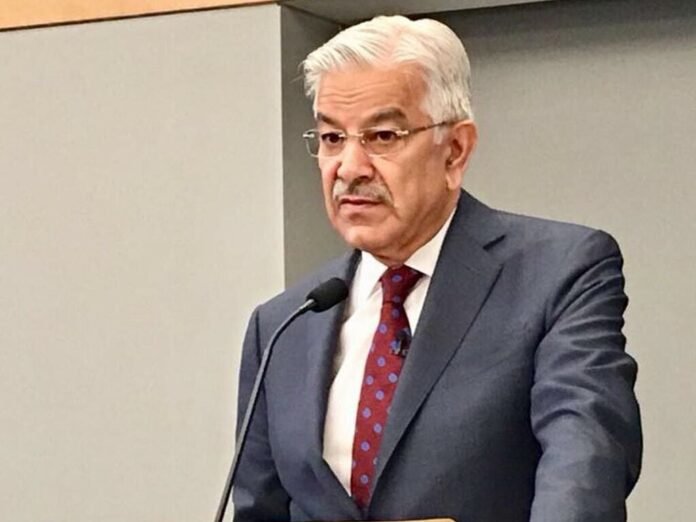Khawaja Asif says Afghan refugees living in Pakistan for 50 years must return as ties with Afghanistan shift.
Khawaja Asif’s recent statement regarding Afghan refugees marks a significant development in Pakistan’s policy direction. He emphasized that, given the shifting dynamics with Afghanistan, refugees who have been living in Pakistan for the past 50 years will eventually have to return to their homeland. Since the 1970s, Pakistan has hosted millions of Afghan refugees, particularly during the Soviet invasion and subsequent conflicts in Afghanistan. Over the decades, these refugees became part of Pakistan’s social and economic fabric, with many contributing to local businesses, education, and labor sectors.
However, as regional circumstances evolve, Pakistan faces growing security, economic, and administrative challenges. Hosting one of the world’s largest and longest-standing refugee populations has placed immense pressure on national resources and infrastructure. The government’s current approach reflects a desire to address these internal pressures while maintaining diplomatic balance with Afghanistan. Khawaja Asif’s remarks underline the need for a well-structured, humane, and gradual repatriation process that respects international laws and ensures the dignity of returning refugees.
The statement has sparked widespread discussion on both sides of the border. While some view it as a necessary step for Pakistan’s stability, others stress the importance of safeguarding humanitarian obligations. A comprehensive strategy involving Pakistan, Afghanistan, and international organizations will be crucial to managing this sensitive issue effectively. This policy shift highlights the complex intersection of national interest, regional politics, and human rights, shaping future Pakistan–Afghanistan relations and the fate of millions who have called Pakistan home for decades.







